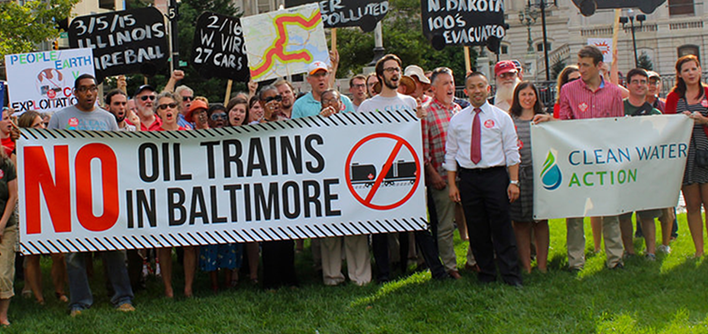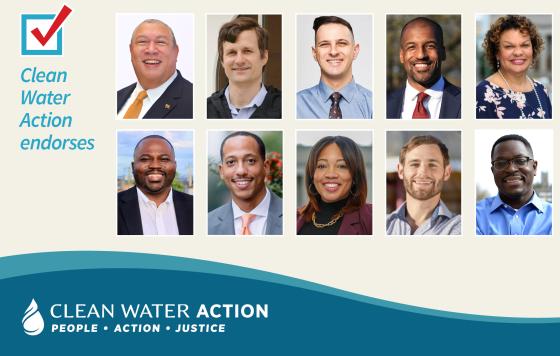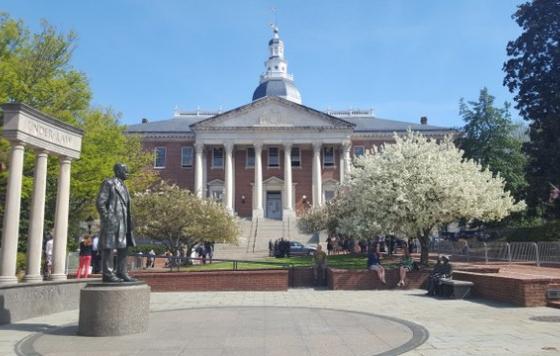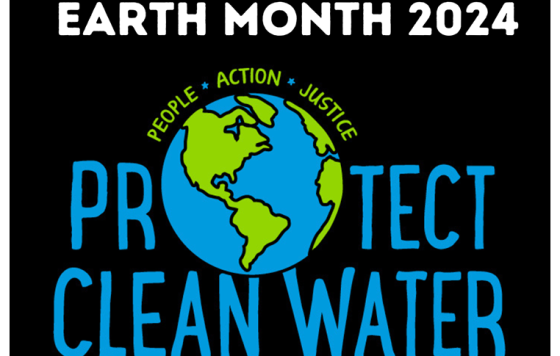
For over a century, Baltimore has been a hub for dirty energy sources and other industry that has put our environment and our communities in danger. From coal-burning power plants and the BRESCO trash incinerator to crude oil train terminals and the coal export facility in South Baltimore, dirty energy has made Baltimore fail to meet health-based air quality standards, displaced residents, all while failing to supply enough jobs to keep Baltimore's economy strong. But in the next two weeks, we have a crucial opportunity to tell Baltimore's story of environmental injustice and lift up a better vision for the future.
March with us in DC on April 29. Then, rally for Fair Development in Baltimore on May 13. Together, we can build a Baltimore that works for everyone.
The People's Climate March is a powerful opportunity to tell Baltimore's story of failed development - coal plants and export terminals, trash incinerators, polluting industries, and unstable jobs - and the enormous opportunity that clean energy development is bringing to Baltimore through offshore wind, solar power, and energy efficiency. Local artists are developing powerful imagery to tell Baltimore's story in the march, and community activists are organizing buses leaving from central, East, and West Baltimore for the march. Click here to register for the march and get more information about transportation, and contact me if you'd like to volunteer to build art.
Two weeks after the People's Climate March, bring that energy to the Baltimore City Council at the United Not Blighted Rally. Clean Water Action has joined over 150 residents, faith groups, community associations, unions, and neighborhood anchors in support of the Baltimore Housing Roundtable's call for public investment in deconstruction of vacant homes, greening and sustainability projects, and the creation of permanently affordable housing. As a member of a community garden owned by Charm City Land Trust, I've seen how communities gaining control over the vacant land in their neighborhoods leads to greater stability, better public health, and more sustainable neighborhoods. Stand with us and hundreds of Baltimore residents to demand that the city invest in community-driven development to meet our basic needs for housing, jobs, and environmental sustainability. RSVP here.



